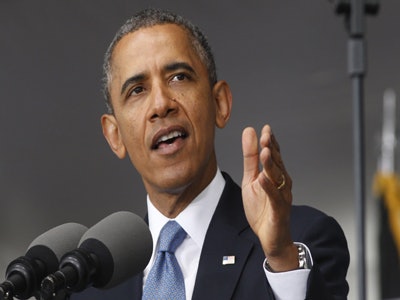In his final hours as the nation’s chief executive, President Barack Obama made good on his pledge to help first-time, nonviolent offenders get a fresh start on their lives. He commuted the lifetime federal prison sentences of some 500 such felons, using his “second chance” pledge in acknowledging that he felt the sentences were too harsh given the offenses committed.
The decisions by Obama to use a president’s sole power to grant executive clemency and pardons brought jubilation to more than just the prison inmates, their family and friends, said people familiar with the events leading up to his decisions.

Hundreds of law students and volunteer lawyers gave thousands of hours of time researching each person’s case, with the goal of making the best case possible for commutation.
A variety of nonpartisan, nonprofit groups, including the American Civil Liberties Union (ACLU), Families Against Mandatory Minimums (FAMM), and the National Association of Criminal Defense Lawyers (NACDL), helped Clemency 2014 work on its effort. The result, announced earlier this month as Obama exited the White House, is that nearly 1,400 clemency recipients had seen their sentences commuted by Obama, including the hundreds of orders issued last week. It was the highest number for any president.
“It has changed the conversation for this country,” said veteran Tampa criminal defense attorney James Felman, who was successful in winning commutations for dozens of first-time, nonviolent offenders.
“Many people realize we’ve got people in prison who don’t need to be there,” said Felman, echoing other lawyers, and local, state, and federal lawmakers and educators.















